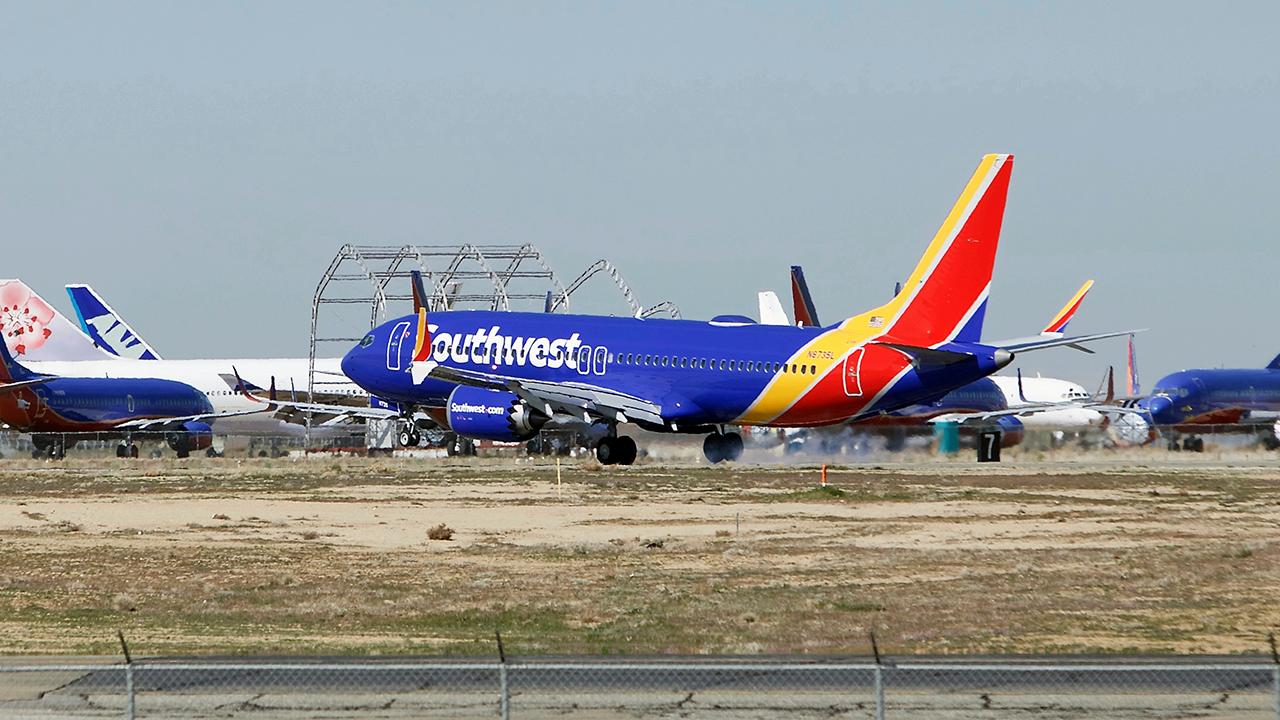Faulty sensors on Boeing 737 Max led to Ethiopian Airlines crash
Faulty sensors on the Boeing Max jet led to the Ethiopian Airlines crash in March that spurred an international grounding of the fleet and launched numerous federal investigations by the U.S. government, the Chicago-based manufacturer said on Thursday.
An initial report on the incident found that the aircraft -- a new version of Boeing’s popular 737 jet -- had a faulty “angle of attack” sensor, which tracks lift to prevent stalling, Boeing wrote in a statement.
The erroneous input activated an autopilot system on the plane known as the Maneuvering Characteristics Augmentation System (MCAS) that automatically forces the plane’s nose down.
The pilots on the Ethiopian Airlines flight were unable to readjust the angle, leading to the crash. There is no evidence of any engine problems. The same issue also led to a separate crash in October with a Max jet operated by Lion Air.
"We remain confident in the fundamental safety of the 737 MAX. All who fly on it—the passengers, flight attendants and pilots, including our own families and friends—deserve our best. When the MAX returns to the skies with the software changes to the MCAS function, it will be among the safest airplanes ever to fly," Boeing CEO Dennis Muilenburg said in a statement.
In a statement, Ethiopian Airlines said the report “clearly showed” its pilots followed Boeing’s recommendations and approved emergency protocol from the Federal Aviation Administration.
“Despite their hard work and full compliance with the emergency procedures, it was very unfortunate that they could not recover the airplane from the persistence of nose diving,” it said in a statement.
| Ticker | Security | Last | Change | Change % |
|---|---|---|---|---|
| BA | THE BOEING CO. | 243.03 | +6.08 | +2.57% |
Boeing is working on a software update to MCAS and “an associated comprehensive pilot training and supplementary education program” for the fleet.
“The update adds additional layers of protection and will prevent erroneous data from causing MCAS activation. Flight crews will always have the ability to override MCAS and manually control the airplane,” the company said.
The fix was delayed to allow for “additional work” by Boeing and to ensure the firm has “identified and appropriately addressed all pertinent issues,” the FAA said earlier this week.
CLICK HERE TO GET THE FOX BUSINESS APP
"We are working to demonstrate that we have identified and appropriately addressed all certification requirements and will be submitting for FAA review once completed in the coming weeks," Boeing said in a statement on Monday.




















